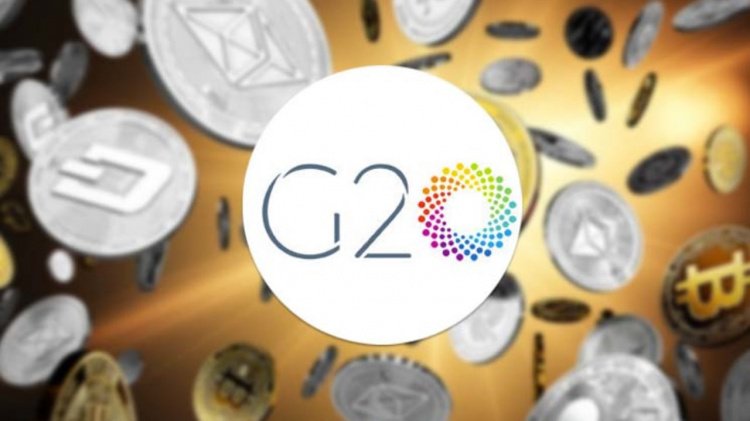What Will Happen to Cryptocurrencies After the G20 Summit

The summit in Japanese Osaka resulted in a declaration signed by the participating countries. A separate 17th chapter is devoted to cryptocurrencies. However, this part of the declaration does not contain any specifics.
Its main points:
- blockchain technology is useful and profitable;
- cryptocurrencies do not threaten financial institutions;
- it is proposed to control cryptocurrencies further.
- the surname of the sender and the details of his digital wallet;
- recipient's full name and his digital wallet data;
- the sender’s street address and his passport data.
All the recommendations were given by analogy with traditional exchanges. It can be argued with a high degree of probability that it's not completely clear how to implement them at the moment. Therefore, even many of those countries that have approved the amendments will not be able to adapt quickly. Nevertheless, some participants have already accepted and tightened the requirements for cryptocurrency exchanges. We will speak about the consequences of such decisions by the end of the article.
Before the release of these recommendations on cryptocurrencies, some analysts tried to convince FATF that methods from the fiat world could not be applied to the crypto industry without amendments. As long as these spheres have a different technological basis, the same methods for banks and crypto exchanges simply will not work. While the FATF and officials are fighting windmills, 39 kg of cocaine were found on the plane that accompanied the Brazilian president to the Osaka G20 summit. And most likely these drugs weren’t bought in darknet for bitcoins.
Possession of bitcoins may result in an unexpected knock at your door at some point. As it was at the end of the Great Depression in the USA, when gold was forcibly bought. The trend set by the FATF and supported by different countries hints that something similar is possible with cryptocurrencies soon. Some countries already restrict or completely prohibit cryptocurrency trading, and mining is considered a crime there.
All in all, there are several potentially positive developments for the crypto industry. FATF recommendations are just recommendations. Every country may comply with them, may not comply with any, or accept them partially. It also may not comply, but develop the same rules within the country. The more the state considers itself self-sufficient and autonomous from the rest of the world, the less likely it allows some international organization to decide which standards should the country adhere to and which not. But there is a downside. FATF recommendations will work better if they are accepted by all countries in the world.
Image courtesy of The Cryptoreport